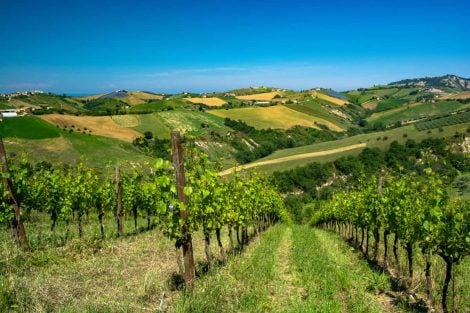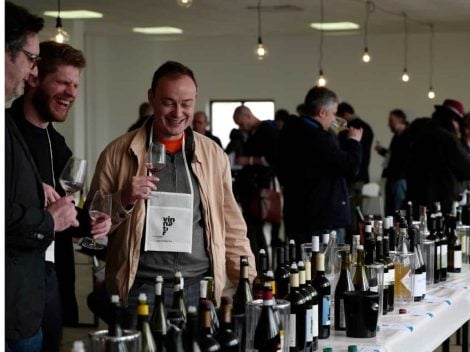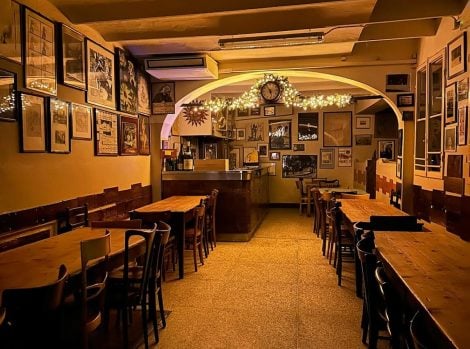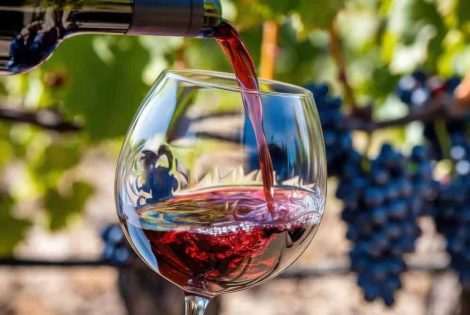Many know it simply as Podere Ricavo, others as the agricultural estate of Maria Pia Buoni or Del Buono, but it is essentially the same entity that now spans about ninety hectares, ten of which are cultivated with olive groves, all certified organic. This small olive-growing reality has carved out a niche in both Tuscan and national excellence, winning this year's special award for "Best Light Fruity" in the Oli d'Italia 2024 guide with the Dop Terre di Siena label. This success is also due to the recovery of an ancient indigenous variety found only in this area. We spoke with Federico Massoli, the sales manager.
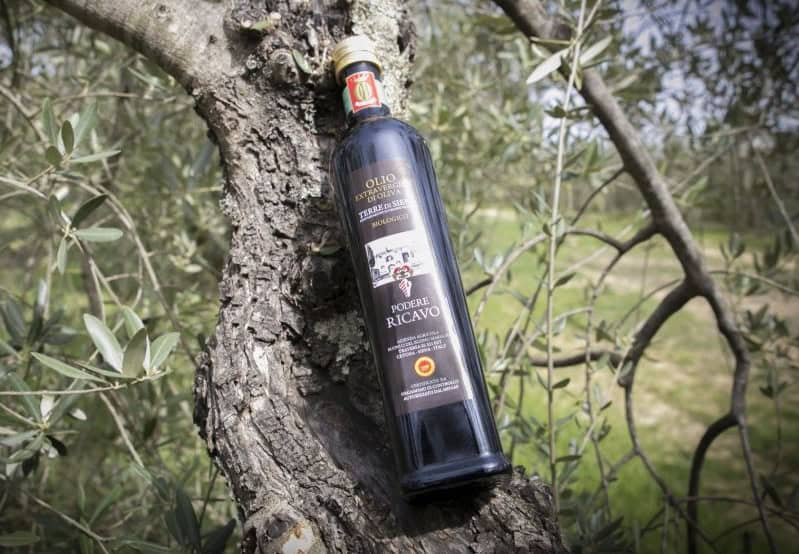
A shift in extra virgin olive oil production
"The radical change in the production of extra virgin olive oil occurred about 15 years ago when we decided to introduce innovative agronomic practices, despite some discontent from the older generations who were very attached to traditional customs, often at the expense of quality production (for a period, they didn’t even consume our 'new' oil)," says Massoli. "We enlisted the most skilled technicians in the field, which allowed us to raise the quality level and achieve significant results, winning the most prestigious awards in the extra virgin olive oil sector both in Italy and abroad, something we are very proud of. Achieving such recognition using organic practices without any pesticides in all our productions is even more gratifying for us."
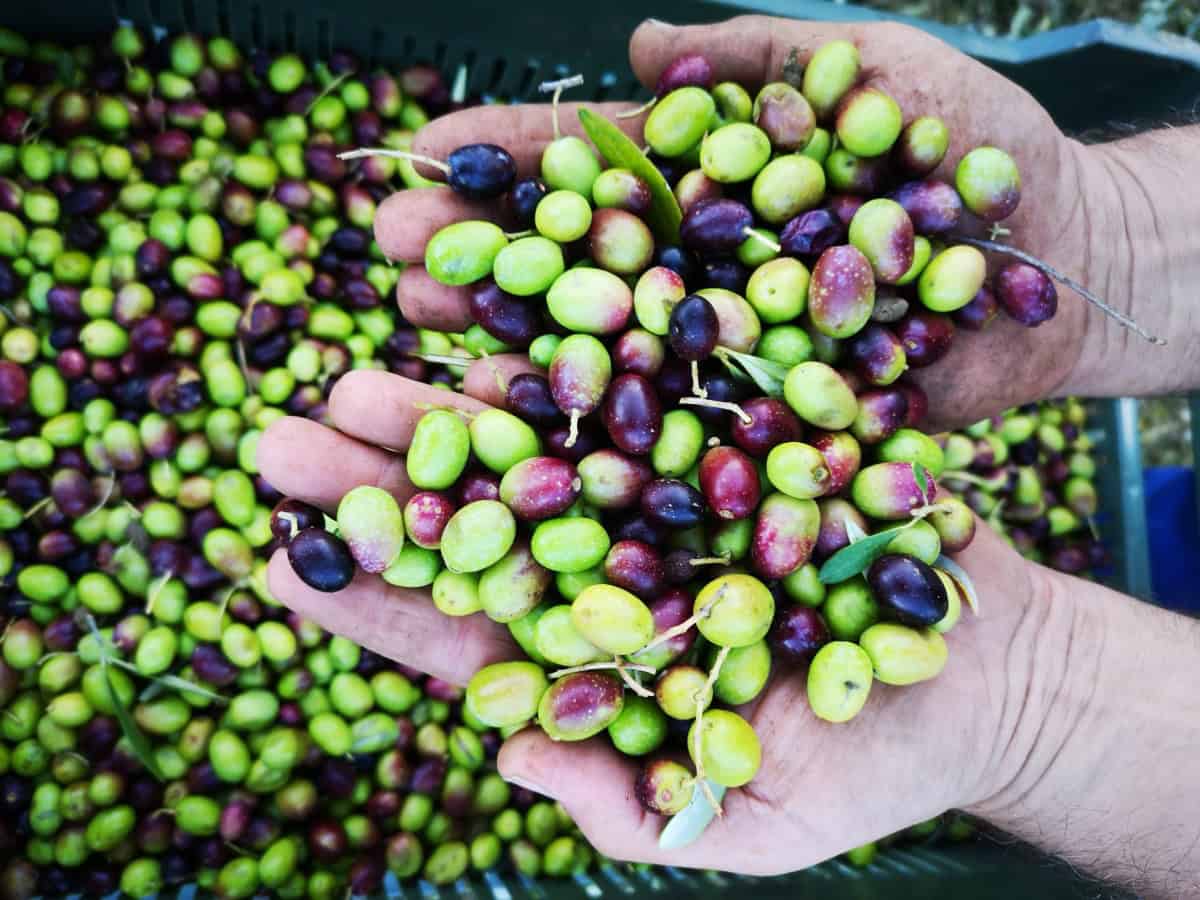
The ancient Etruscan variety: Minuta di Chiusi
The company has paid special attention to the Minuta di Chiusi monocultivar. This variety has ancient origins and "legend has it, it was used by the Etruscans, who already utilized olive oil, although it was very different from what we know today. As the name 'Minuta di Chiusi' suggests, the olives are very small and only found in the area around the city of Chiusi, historically one of the most important cities for the Etruscans." Unfortunately, this plant has often been abandoned or replaced by more productive cultivars over the course of history, as it yields very low olive and oil production (around 7-8%). "It also requires exclusively manual harvesting because mechanical methods would damage the olives. We managed to recover the plants we had, and we took a step further by propagating new ones from cuttings and decided to make an oil using only this ancient cultivar under the name 'Sacrapone,' an old family nickname, to honor and respect the work of our ancestors."
From wine to pasta
Since 2019, we have also started bottling our wine, primarily Sangiovese with a small amount of Merlot. Its name is "RossoMaria," once again chosen to honor my mother-in-law for her dedication and passion. The legacy she is passing down to us is precisely the passion and respect for the environment and plant production. As for the pasta, the idea to start production came three years ago when the organic durum wheat sown on our lands yielded an exceptionally high-quality harvest, leading us to decide to process it into pasta, currently available in six formats.

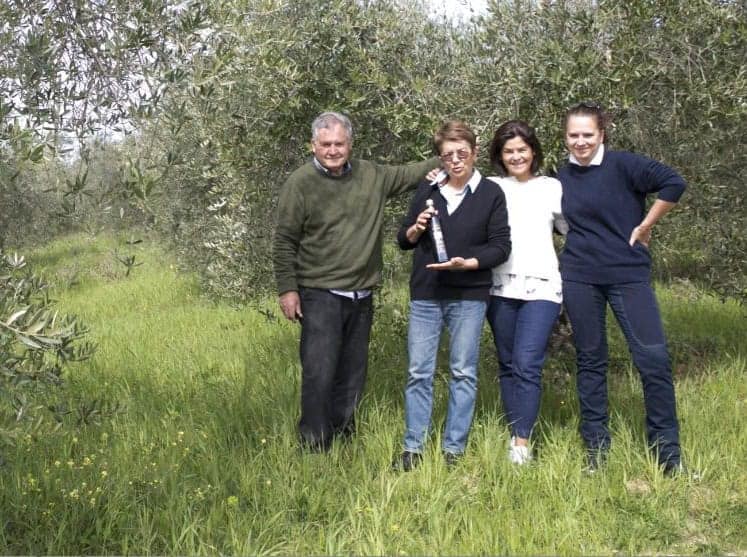
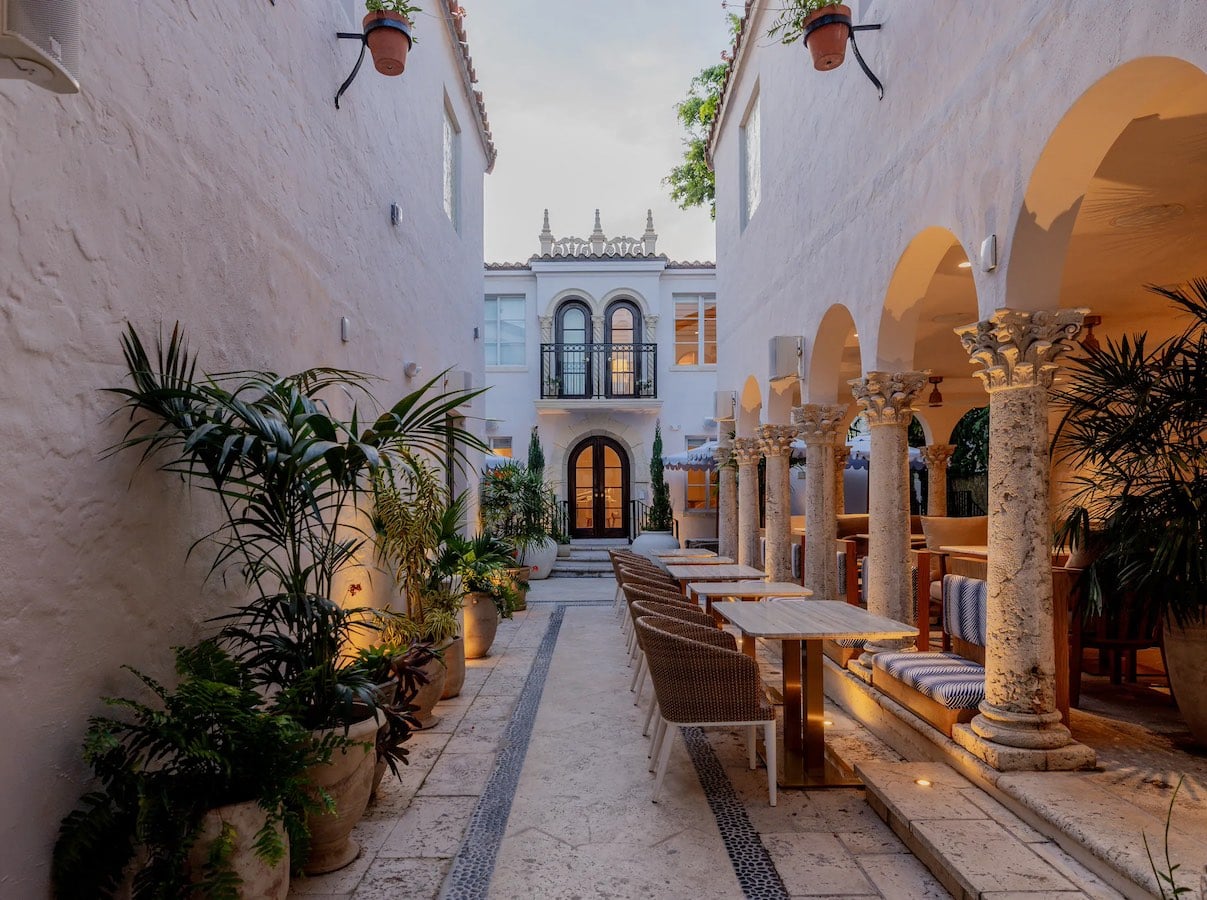 Versace opens a super hotel with an Italian restaurant. Here's what Donatella Hotel & Restaurant in Miami will be like
Versace opens a super hotel with an Italian restaurant. Here's what Donatella Hotel & Restaurant in Miami will be like At The Crown Tirana, service and quality at the highest levels
At The Crown Tirana, service and quality at the highest levels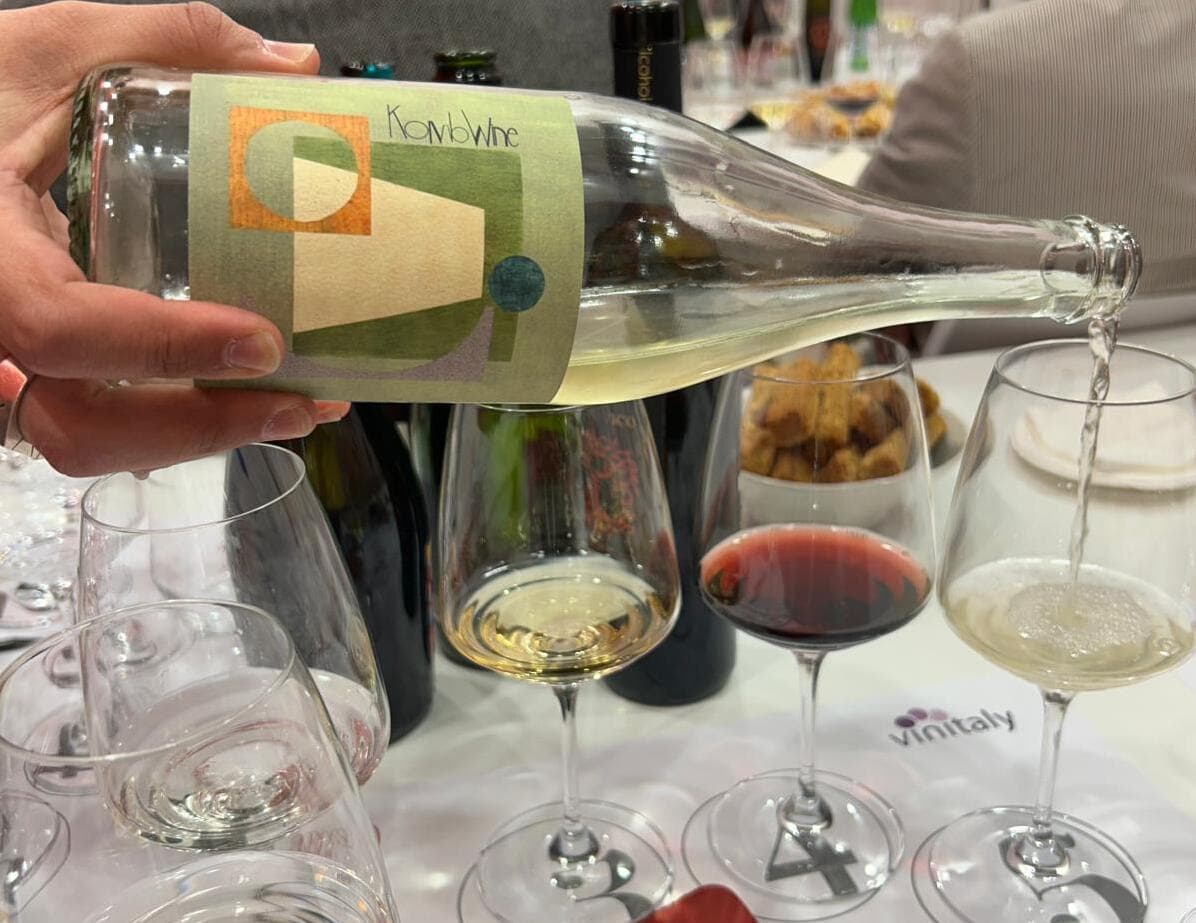 We tasted Komb(w)ine, the new product that combines grape must and kombucha. Here’s our verdict
We tasted Komb(w)ine, the new product that combines grape must and kombucha. Here’s our verdict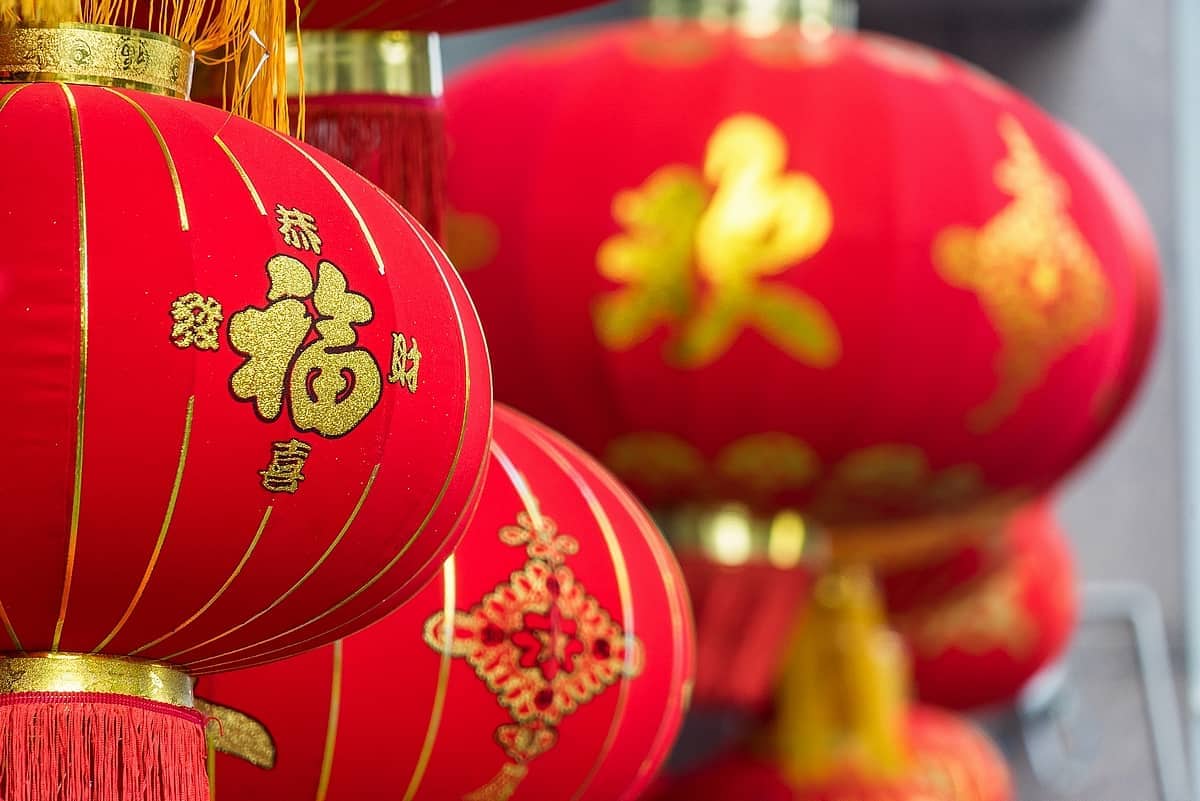 What changes for the export of Italian wines to China under the new regulations?
What changes for the export of Italian wines to China under the new regulations?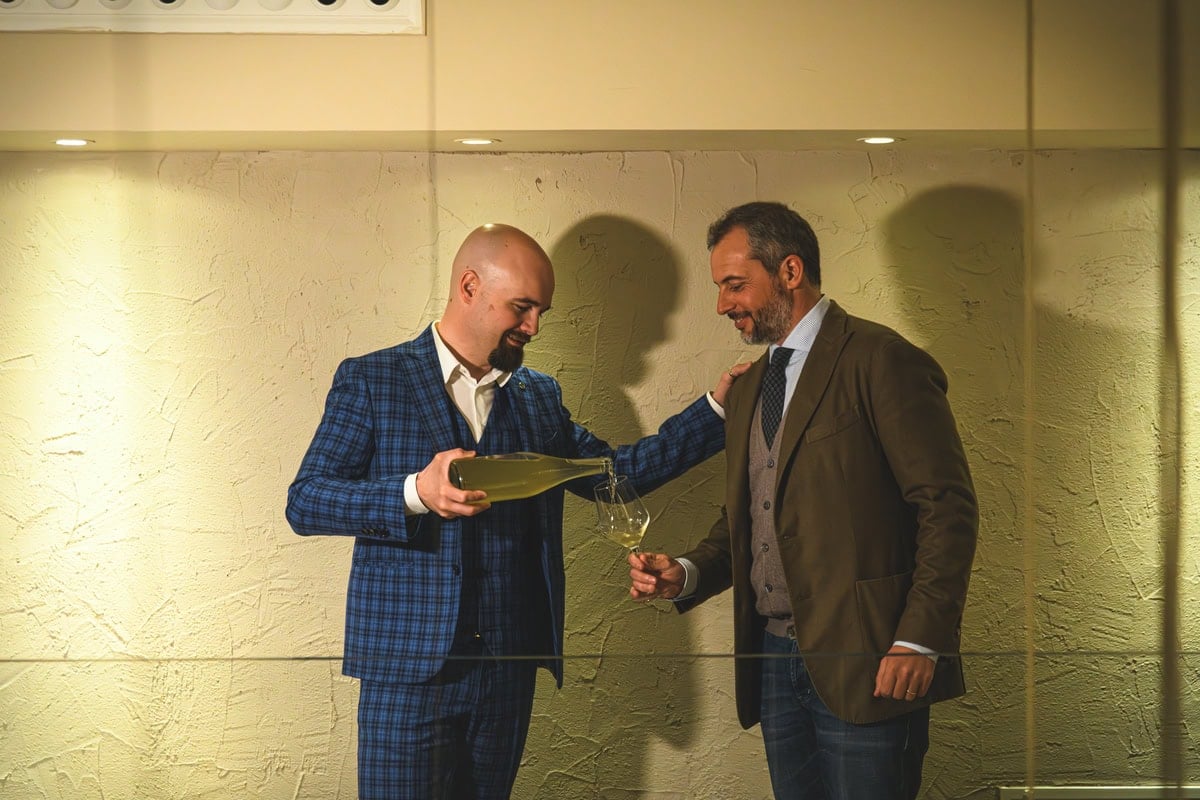 “Forget dealcoholised wines. The future is Komb(w)ine.” Moser and Ravizza present a new grape must-based product
“Forget dealcoholised wines. The future is Komb(w)ine.” Moser and Ravizza present a new grape must-based product